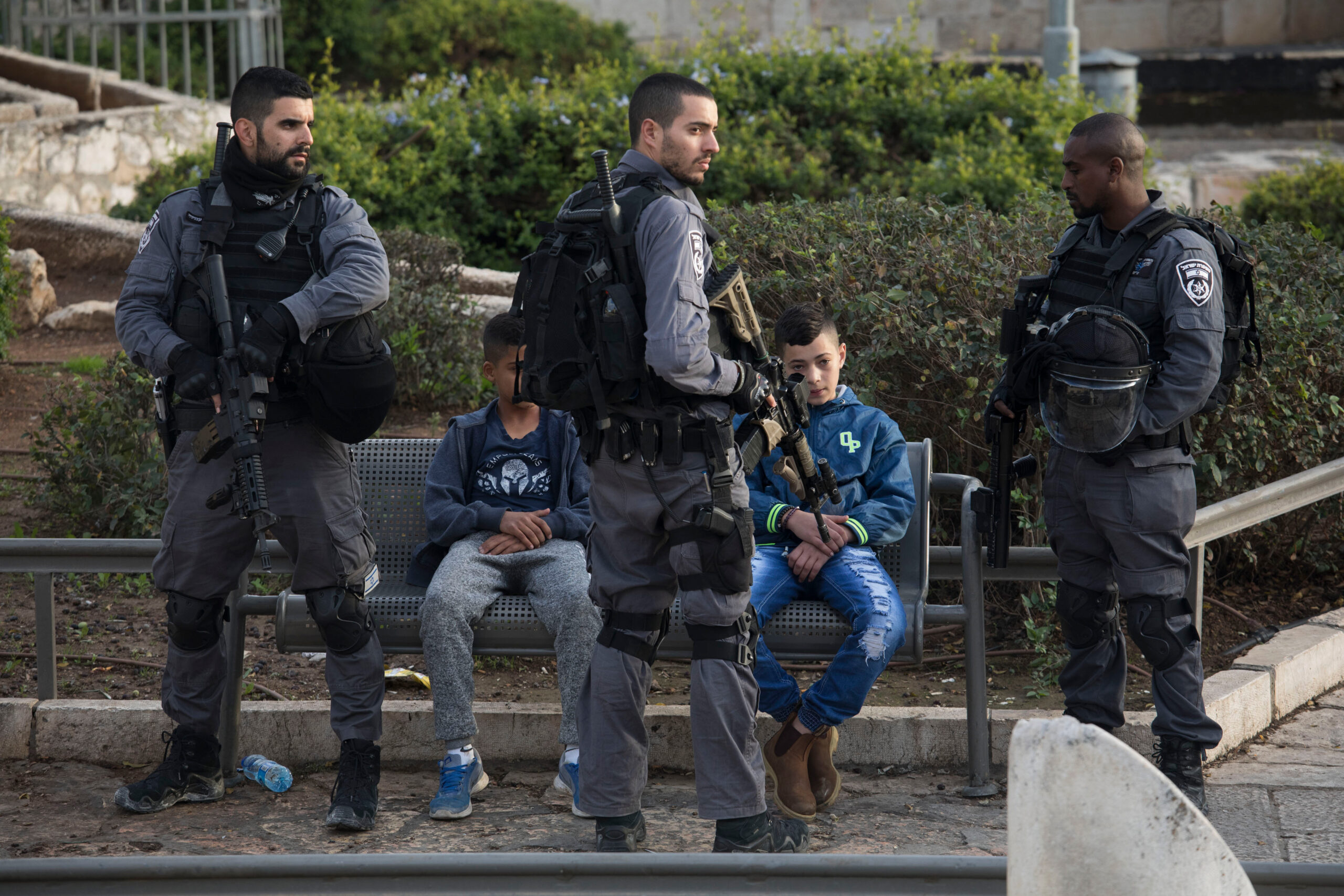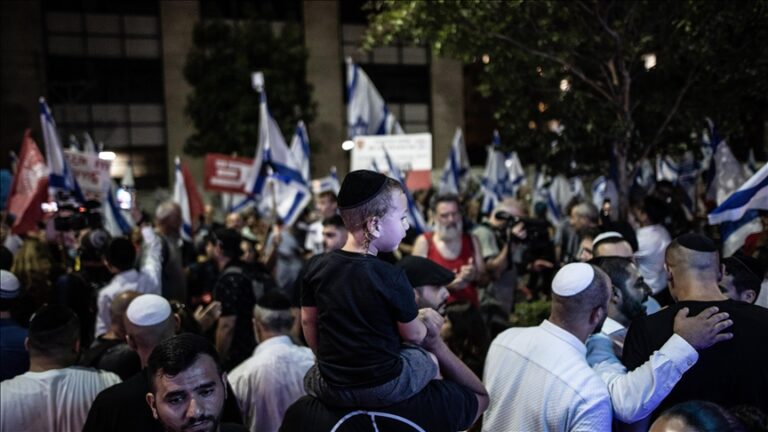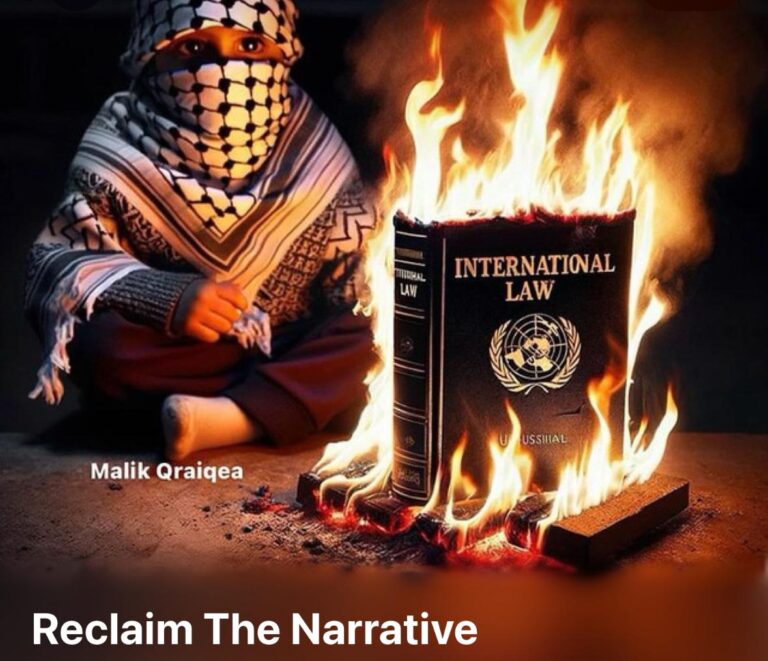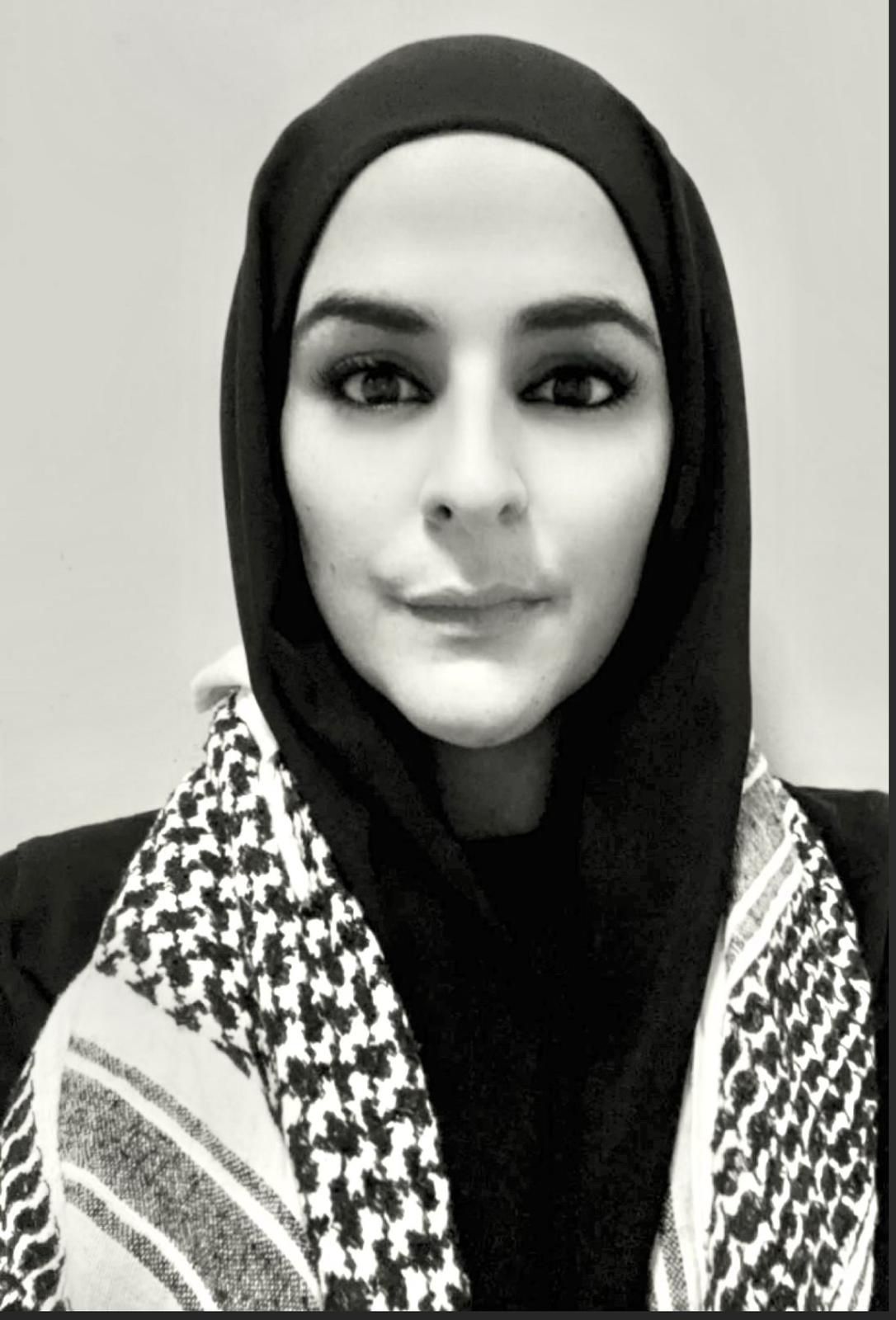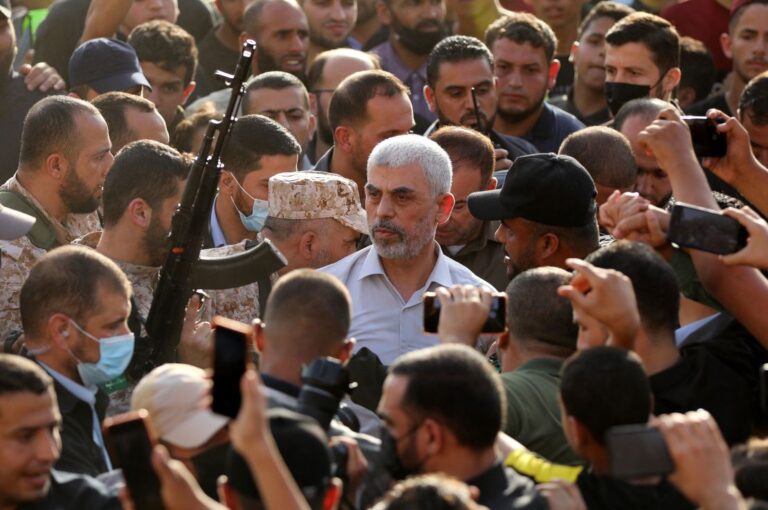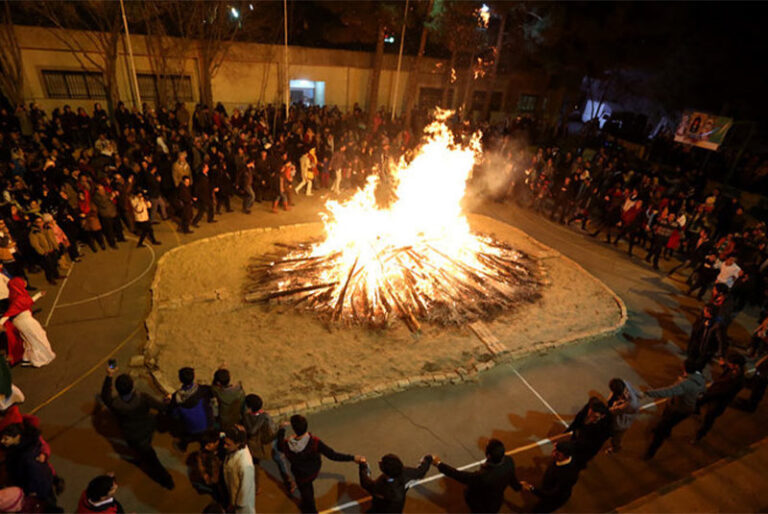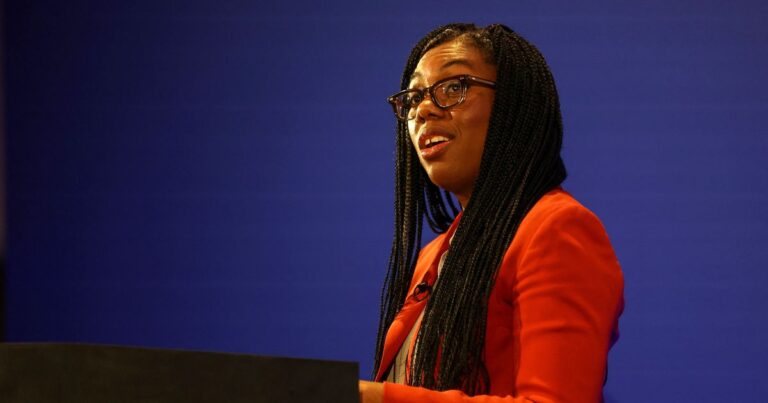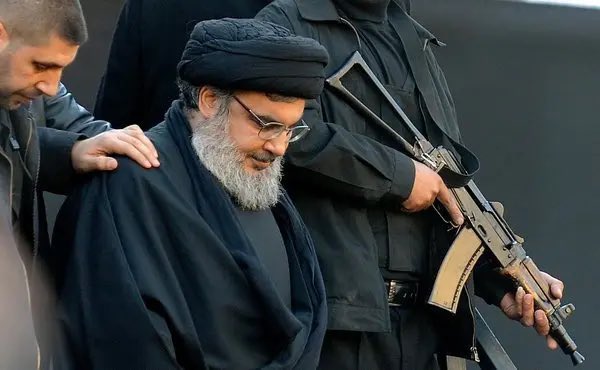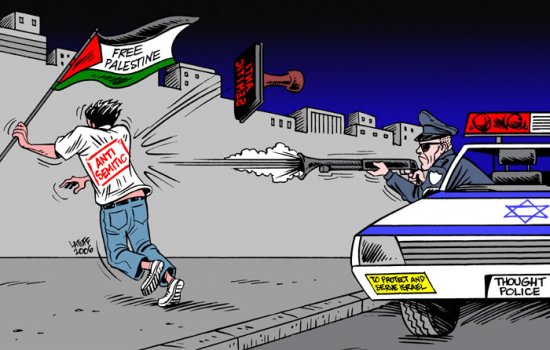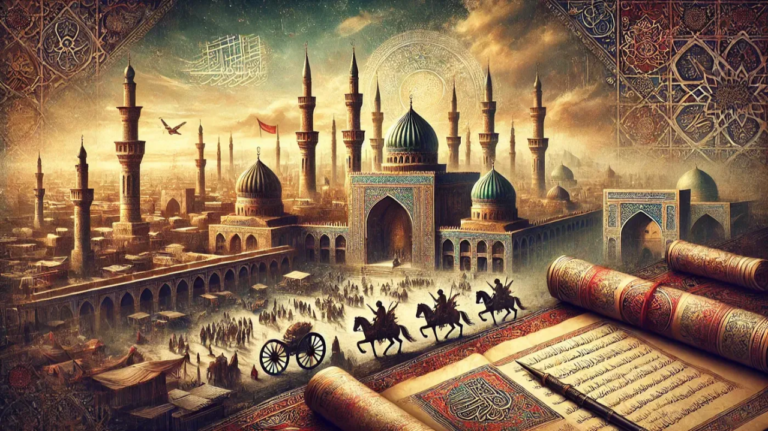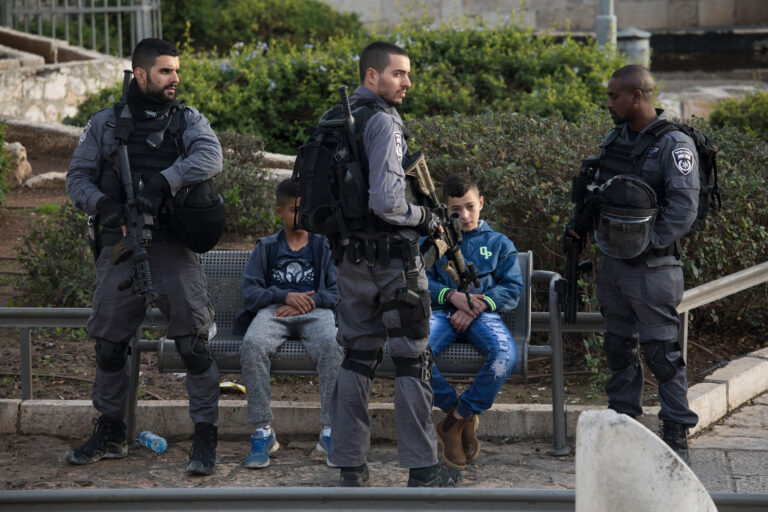Palestine needs a robust state security apparatus to protect their citizens from the terror of Zionism. (Photo credit: DCIP)
Since 1948, the Palestinian people have faced an unparalleled and ongoing injustice that the world has largely failed to address.
The establishment of the western settler colony (Israel), coinciding with the Nakba (meaning “catastrophe” in Arabic), led to the mass forceful displacement of over 750,000 Palestinians from their homes and lands resulting in the destruction of over 500 Palestinian villages and the systematic erasure of their cultural and historical presence. Families were torn apart, and a substantial portion of the Palestinian population became refugees, scattered across the Middle East and beyond, primarily in countries like Lebanon, Jordan, and Syria. According to the United Nations Relief and Works Agency for Palestine Refugees (UNRWA), there are currently between 5-7 million registered Palestinian refugees in diaspora.
The Nakba of 1948 was not only a chapter of violence in Palestinian history; it marked the beginning of a long and painful legacy of suffering and oppression. Over the decades, Palestinians have been subjected to countless massacres and acts of ethnic cleansing, resulting in deep scars that have yet to heal. From the horrific massacre at Deir Yassin in 1948, where more than 100 Palestinian men, women, and children were killed by Zionist paramilitary groups, to the Sabra and Shatila massacre in 1982, where thousands of Palestinian refugees were murdered in Lebanon, these events represent just a fraction of the violence that has characterised the middle east struggle. Each massacre serves as a grim reminder of the systematic efforts to erase Palestinian identity and presence, highlighting a pattern of brutality that continues to this day.
The Nakba marked the inception of a broader strategy aimed at depopulating Palestine of its indigenous inhabitants while replacing them with European settlers. This strategy is rooted in a colonial ambition that continues to manifest in various forms today. The creation of the ‘State of Israel’ was facilitated by policies that prioritised Jewish settlement and land acquisition at the expense of Palestinian communities. This is evident in the implementation of laws such as the Absentees’ Property Law of 1950, which allowed the Israeli government to seize properties belonging to Palestinians who had fled or were expelled during the Nakba. Such laws institutionalised the dispossession of Palestinians and laid the groundwork for further settlement expansion. Moreover, the Nakba’s legacy is perpetuated through ongoing Israeli policies, including land confiscation, settlement construction, and military operations that target Palestinian communities. The Israeli settlement enterprise, characterised by the establishment of numerous settlements in the West Bank, has been deemed illegal under international law, particularly under the Fourth Geneva Convention, which prohibits an occupying power from transferring its own civilian population into the territory it occupies. The United Nations Security Council has also repeatedly affirmed that Israeli settlements in occupied Palestinian territories violate international law (UN Security Council Resolution 242, 1967; UN Security Council Resolution 2334, 2016).
The displacement and fragmentation of Palestinian communities initiated by the Nakba set the stage for protracted injustices characterised by ongoing violence and instability. The systematic denial of Palestinian rights and identity has led to further cycles of oppression, resulting in an enduring manmade humanitarian crisis. The continued occupation of Palestinian territories and the establishment of a military regime have subjected Palestinians to severe restrictions on their freedom of movement, access to resources, and fundamental rights. The violent expulsion by Zionist militias is widely recognised as a fundamental moment of injustice and trauma that continues to resonate in Palestinian society today, but unlike any other group in modern history, the indigenous Palestinians are expected to ensure the security of their occupier—Israel—while simultaneously enduring an oppressive and violent occupation, effectively placing them in a paradoxical situation of enforcing their own subjugation.
This perverse expectation exists within a context of illegal practices, including apartheid, as documented by numerous human rights organisations such as Human Rights Watch and the Israeli organisation B’Tselem. They have documented practices that amount to apartheid under international law, including the systematic oppression of Palestinians and the domination of Jewish settlers over Palestinian populations (Human Rights Watch, 2021). According to the United Nations Security Council Resolution 242, which calls for the withdrawal of Israeli occupation forces from territories occupied in 1967, The expansion of settlements is viewed as a major obstacle to achieving “peace,” signifying that the only “peace” the occupier seeks is yet another piece of Palestine.
Since 1967 Israel has occupied the West Bank, Gaza Strip, and East Jerusalem—territories that are internationally recognised as part of Palestine.
The occupation has fundamentally altered the demographic and geopolitical landscape of these areas, leading to widespread displacement and systemic injustices against the Palestinian population. Despite clear prohibitions under international law, Israel has continued to build illegal settlements in these occupied territories, currently housing over 700,000 Israeli settlers in the West Bank and East Jerusalem (Peace Now, 2023). These settlements not only contravene the Fourth Geneva Convention, which explicitly forbids the transfer of an occupying power’s civilian population into occupied territory but they also contribute to a broader system of apartheid that privileges Israeli settlers while systematically marginalising Palestinians. The establishment and expansion of these settlements are supported by various Israeli government policies and legislation, which often prioritise the rights of Israeli settlers over those of the indigenous Palestinian population. This is evident in the 2017 Regulation Law, which retroactively legalised many Israeli settlements built on privately owned Palestinian land, thereby legitimizing years of illegal land appropriation (B’Tselem, 2021). The implications of this law are profound, as it not only consolidates control over occupied territory but also undermines the rights of Palestinian landowners, reinforcing a framework of inequality that is characteristic of apartheid.
Palestinians living in the occupied territories are subject to a dual legal system that starkly contrasts the experiences of Israeli settlers and the indigenous population. Israeli settlers benefit from civil law, which affords them full rights and protections under Israeli law, including access to social services and legal recourse. In contrast, Palestinians are subjected to military law, which severely limits their rights and access to justice. According to the Israeli human rights organisation, B’Tselem, Palestinians in the West Bank face restrictions that include arbitrary arrests, limited freedom of expression, and inadequate legal representation, leading to a deeply inequitable system where Palestinian voices are marginalised (B’Tselem, 2022).
This apartheid system extends far beyond legal distinctions; it permeates daily life and affects fundamental human rights. Palestinians face extensive restrictions on movement, which are enforced through checkpoints, roadblocks, and a complex system of permits that are often difficult to obtain. These restrictions severely limit access to employment, healthcare, and education, contributing to widespread poverty and disenfranchisement among the Palestinian population (OCHA, 2023). The Genocide unfolding in Gaza, home to over two million Palestinians, is a manifestation of impunity. Since 2007, Gaza has been under an Israeli-imposed blockade, a form of collective punishment that has led to catastrophic humanitarian conditions. Reports indicate that the blockade resulted in crippling shortages of essential goods, including food, medical supplies, and construction materials, severely undermining the quality of life and well-being of its residents (UN OCHA, 2023). The blockade has also led to significant infrastructure degradation, with limited access to clean water and reliable electricity, exacerbating the suffering of the population.
The lack of accountability for Israeli forces, reflect a broader pattern of exemption that undermines any semblance of justice for the Palestinian people. Their collective injustice is marked by ethnic cleansing, as evidenced by policies aimed at displacing Palestinian communities to make way for Israeli settlements. The United Nations has reported on the demolition of Palestinian homes and the forced eviction of families, practices that constitute a violation of international humanitarian law (UN Office for the Coordination of Humanitarian Affairs, 2022). The relentless settler-colonial project has defined their reality for over seven decades, manifesting in the continued encroachment on Palestinian land and resources. This project is often justified under the guise of “security” and “historical” claims, yet it disregards the fundamental rights of the Palestinian people and their inalienable aspirations for self-determination and the right to return.
The international community, particularly the United Nations, has repeatedly condemned Israel’s occupation and settlement activities, issuing numerous resolutions that affirm the illegality of its actions. United Nations Security Council Resolution 242, adopted in 1967, called for Israel to withdraw from the territories it occupied. This resolution is foundational in international law, reiterating that the acquisition of territory by war is inadmissible and setting a framework for future peace negotiations (United Nations, 1967). Resolution 2334, adopted in 2016, reaffirmed that Israeli settlements in Palestinian territories are illegal under international law, characterising them as a “flagrant violation” of international law and calling upon all states not to recognise these changes to the pre-1967 borders (United Nations, 2016). Despite these clear mandates, Israel has continued to expand its settlement project, further entrenching its presence in the West Bank and East Jerusalem. The settlements have been built on land that is recognised by the international community as belonging to the Palestinians, fragmenting their territories and severely undermining their sovereignty at every turn.
In one of the most perverse aspects of this occupation, Palestinians are frequently expected to ensure the security of their occupiers. This arrangement is not only deeply unjust but also fundamentally illogical. It places the onus of security on the very people who are subjected to occupation and violence i.e. the victims, while allowing the occupier to evade accountability for its actions. No other occupied people in the world are required to safeguard their occupiers in this manner. In most situations of occupation, it is the duty of the occupying power to ensure the safety and security of the occupied population, as stipulated by international law. Instead, Palestinians are coerced into a role that diverts their attention and resources away from their own protection against violence, oppression, and dispossession.
Additionally, this expectation exacerbates the already tense environment in the occupied territories. Palestinians living under occupation face numerous daily challenges, including restrictions on movement, limited access to resources, and the constant threat of violence from Israeli settlers and military occupation forces. The pressure to ensure security for their occupiers detracts from the urgent need to address these systemic injustices, leaving many Palestinians feeling trapped in a cycle of oppression with no avenue for recourse. The expectation that Palestinians must ensure the security of their occupiers is not only profoundly unjust but also a clear violation of international norms surrounding occupation and serves to entrench a system of inequality and oppression, diverting focus from the rights and needs of the Palestinian people and perpetuating their suffering.
The violence executed against Palestinians is not merely a series of isolated incidents; rather, it is part of a larger strategy of domination and subjugation designed to instil fear, demoralise the population, and facilitate the ongoing dispossession of land and resources. The killing of Palestinians has been a recurring and systematic component of Israel’s occupation, with Israeli forces employing disproportionate and often lethal force against civilians. For instance, during the numerous military operations conducted in Gaza, often referred to as the world’s largest open-air prison, thousands of Palestinian civilians have lost their lives, and countless others have been injured or displaced. Each military assault exacerbates the humanitarian crisis in the region, with the most recent escalations resulting in severe infrastructural damage, lack of access to essential services, and overwhelming psychological trauma among the affected populations (UN OCHA, 2023).
The human toll of the occupier’s violence has been enormous: countless families shattered, homes destroyed, and futures stolen. The impact of these acts extends beyond immediate casualties; they rip apart the social fabric of Palestinian communities, creating generations of trauma that hinder any prospects for peace or reconciliation. The displacement and destruction caused by the occupier’s operations have forced many families to live in makeshift shelters or to flee to neighbouring countries, extending a cycle of refugeehood that stretches back decades.
In addition to physical violence, psychological warfare is also a tool used against the Palestinian population. The collective memory of massacres and continuous threats shapes the identity of a generation that grows up under siege, often leading to long-term mental health issues and a pervasive sense of loss. Children, who constitute a significant portion of the Palestinian population, bear the brunt of this trauma, facing disruptions in education and normalcy, which can have lifelong implications for their development and aspirations.
Israel’s expansion into Palestinian land is emblematic of a broader framework of settler-colonialism.
It is a system characterised by the invasion and appropriation of indigenous lands by a foreign population, resulting in the displacement of native inhabitants and the establishment of control over the territory. Unlike other forms of imperialism, which may involve direct governance or exploitation of resources, settler-colonialism specifically aims for the elimination of the indigenous population to facilitate the influx and dominance of settlers. This model has been systematically employed by Israel since its inception in 1948, as evidenced by its ongoing settlement enterprise. According to Francesca Albanese, Human Rights Rapporteur, in her latest report published March 2024 “ The context, facts and analysis presented in this report lead to the conclusion that there are reasonable grounds to believe that the threshold indicating Israel’s commission of genocide is met. More broadly, they also indicate that Israel’s actions have been driven by a genocidal logic integral to its settler-colonial project in Palestine, signalling a tragedy foretold.”
By establishing “facts on the ground” through the construction of settlements and the forced removal of Palestinians, Israel seeks to make the occupation permanent.
This relentless drive for settlement expansion is underpinned by a political ideology that views the land as historically and religiously significant to the Jewish people, often at the expense of Palestinian rights and aspirations. The concept of “Greater Israel,” which encompasses the entire land from the Jordan River to the Mediterranean Sea, illustrates the overarching goal of this settler-colonial project, wherein the Palestinian population is often rendered invisible or deemed expendable. This ideology has found expression in various political platforms and is supported by segments of the Israeli population, complicating any prospects for a negotiated peace based on mutual recognition and respect for rights.
Additionally, the international community has largely failed to intervene effectively to halt this expansion, despite numerous United Nations resolutions condemning Israeli settlements as illegal under international law. The lack of accountability for these illegal actions fosters an environment where the violation of Palestinian rights continues.
Despite the overwhelming challenges they face, Palestinians continue to resist in various ways, employing both peaceful methods and armed struggle. This resistance is rooted in international law, specifically in UN General Assembly Resolution 37/43, which affirms that occupied peoples have the right to resist their occupiers. This resolution, adopted in 1982, acknowledges the legitimacy of struggles against colonial domination and foreign occupation, asserting that such efforts are fundamental to the pursuit of self-determination and liberation (United Nations, 1982). Yet, despite this legal framework, Palestinians are often branded as “terrorists” when they exercise their right to resist. Their struggle is frequently depicted as illegitimate, while Israel’s military responses—often characterised by disproportionate force and targeted at civilians—are framed as acts of “self-defence.”
The characterisation of Palestinian resistance as terrorism is emblematic of a broader narrative that seeks to delegitimise the Palestinian cause. This narrative is reinforced by powerful media representations and political rhetoric that portray the actions of Palestinians in a highly negative light. This framing often overlooks the context of decades of occupation, dispossession, and systemic oppression faced by the Palestinian people. For instance, military operations in Gaza have resulted in significant civilian casualties, including women and children, yet these tragic losses are often downplayed or justified as necessary measures to protect Israeli citizens.
The international community, particularly Western powers, continues to view the situation through a deeply flawed lens, often equating the violence of the oppressed with the violence of the oppressor. This false equivalence not only diminishes the experiences and suffering of the Palestinian people but also ignores the reality of the occupation and the extreme power imbalance between the two sides, where Israel possesses a sophisticated military equipped with advanced technology backed by western super powers.
For more than seven decades, Palestinians have endured a brutal system characterised by occupation, apartheid, and settler-colonialism. This protracted struggle has not only resulted in widespread physical and psychological suffering but has also entrenched a state of perpetual insecurity and dispossession. Unique in the modern context, Palestinians are the only people expected to ensure the security of their occupier while simultaneously being systematically denied their basic rights to life, liberty, self-determination and the right to return. This expectation is a grotesque inversion of the principles of justice and human rights, reflecting a profound moral and ethical crisis in international relations.
The world must recognise the full scope of the Palestinian struggle, acknowledging the daily realities faced by millions living under occupation. Normalising or justifying the ongoing oppression of Palestinians is not only morally indefensible but also counterproductive to any hope for a stable and just future. The narratives surrounding the injustices are often distorted, framing the issues in binary terms that obscure the underlying complexities. Such narratives ignore the historical and continued context of Palestinian dispossession, the impact of military occupation on civilian life, and the resilience of a people fighting for their rights.
The plight of the Palestinian people remains one of the most pressing issues of our time as we see a genocide unfolding right before our very eyes, marked by systemic injustices that challenge the core principles of human rights and international law. The need for accountability is fundamental, as the current trajectory preserves a cycle of violence and despair that impacts not only the Palestinian people but the broader region and global community.
Palestinians deserve justice, freedom, and the right to live in dignity, free from the shackles of occupation, apartheid, and the daily violence that has defined their existence for far too long. The international community has a moral obligation to support their struggle for self-determination and to advocate for the enforcement of their fundamental rights. This includes recognising the right of Palestinians to resist occupation, as enshrined in international law, and promoting avenues for dialogue and reconciliation that respect the rights of the indigenous population.
Hanan Ashrawi, Palestinian politician, legislator, and activist has spoken on numerous occasions about the unique and unjust position Palestinians are placed in;
“We are the only people on Earth asked to guarantee the security of our occupier, while Israel is the only country that calls for defence from its victims.”

